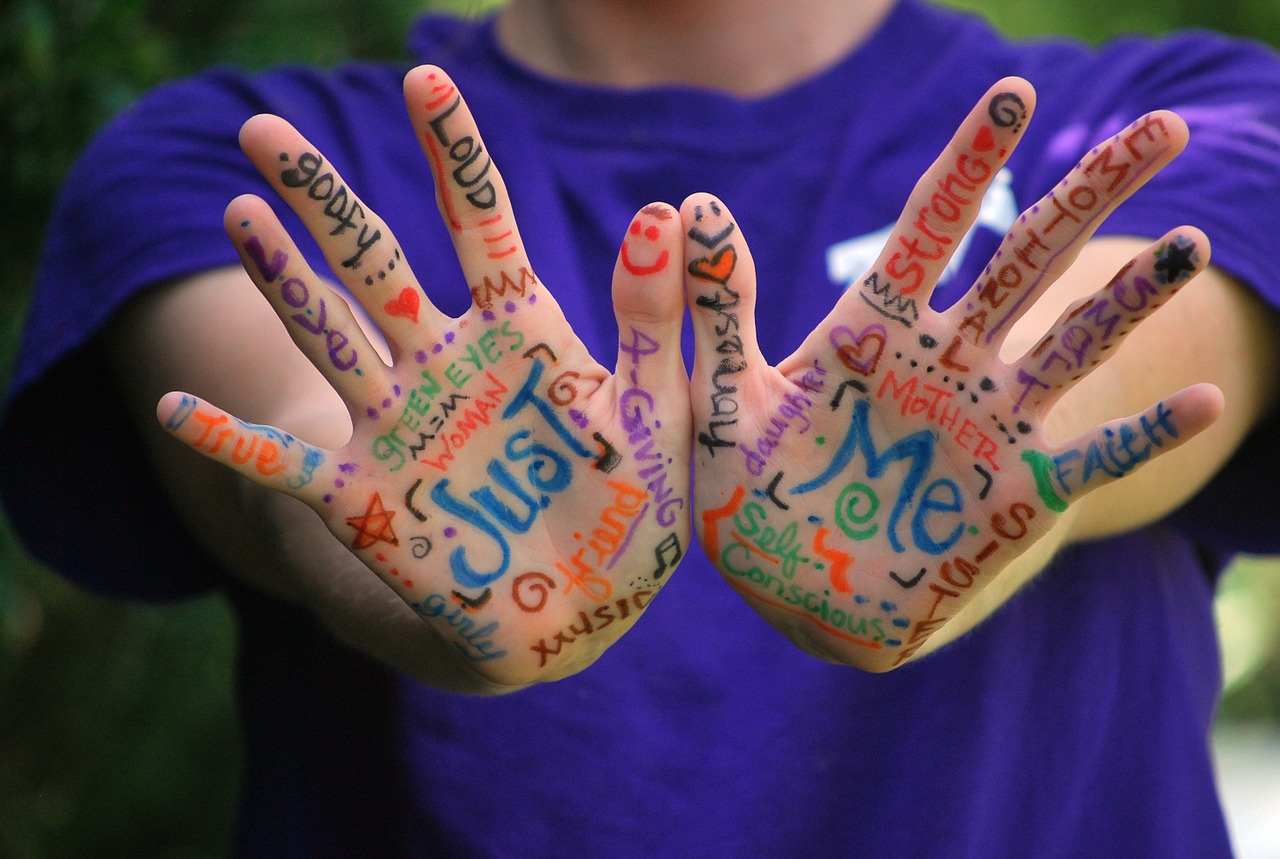
Helping you understand your depression
People experience depression in very personal ways. Just like no two persons are exactly alike, no two depressed people will feel and manifest exactly the same way. Commonly associated with loss, depression can also be a result of prolonged stress and exposure to other overwhelming life situations.
Working with my clients I have observed that depressive symptoms can be related roughly to two types of triggers. One is more event-specific (i.e. loss of a loved one, moving house, changing job) and can be successfully treated in short-term psychotherapy; the other type is more insidious and is rather linked to a loss of meaning/identity, or to a feeling of being stuck in a discrepancy between desire and behaviour. This second type usually requires more time, focus and self-questioning in order to lead to awareness. The reason we need awareness is because it puts choice into the system. (Dan Siegel)
Feeling depressed is a genuinely exhausting experience. Some of the common symptoms of depression include:
– Losing pleasure and interest in activities once enjoyed
– Crying easily and feeling irritable, sometimes without understanding why
– Feeling low and without energy
– Feeling hopeless and helpless
– Troubles concentrating, sleeping and eating
– Feeling like a failure, being critical and harsh on yourself
– Moving slower than usually – or, the opposite, being anxious and restless
– Feeling like you want to disappear
All of these symptoms have a common factor: deprivation. Depression is essentially about being deprived of a soothing presence: of someone, of something and implicitly, of our own self. Healing depression is about restoring or creating those connections.
Ruptures in relationships can lead to emotional, cognitive and bodily disregulation. That is why, for example, when we are depressed we can’t control our tears (emotional disregulation), can’t focus properly (cognitive disregulation), and don’t sleep well (bodily disregulation). Studies of neuroscience have shown that the areas of the brain linked to relationships overlap the circuits that regulate pain in the body. That’s why missing or losing someone we love can hurt physically.
We naturally calm down and heal each other’s pains all the time, by talking and listening to one another. Securely attached relationships allow us to feel safe enough to speak our minds freely, express how we feel, be vulnerable and accepted, and ask for what we need. It is when these attachments have been damaged or are missing that depression may install. Moreover, under the influence of patriarchal culture we have come to see neediness as a weakness. Instead of kindness we give ourselves a critical “pull yourself together”, blocking out whatever feelings and behaviours we fear others would disapprove. Experience has taught me that what we don’t accept into consciousness, eats out our vital energy. That is depression.
And we don’t just block out anger, fear and other emotions usually seen as uncomfortable. Especially women we often block out our power, the wisdom of our bodies, our dreams, choices, fantasies and intuition.
Coming out of depression is about the courage to reconnect with our forgotten selves and with others, and create a meaningful life. It’s not always easy, but with good support it becomes possible.

